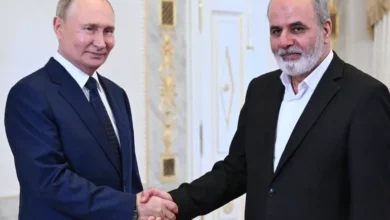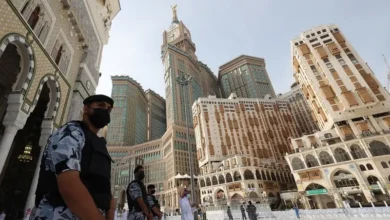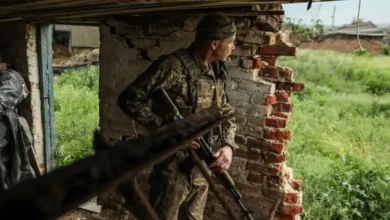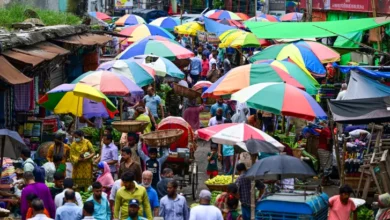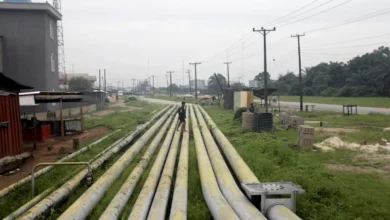Polls close in Benin parliamentary election
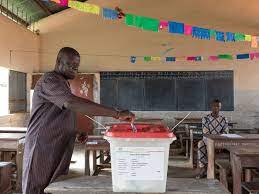
Polling stations have closed in Benin as voters went to the polls for a parliamentary election seen as a test of democracy in the West African nation.
Opposition parties were back on the ballot for Sunday’s vote after boycotting or being excluded from the most recent presidential and legislative votes.
Talon does not belong to any party, but is supported by the two parties currently in power in parliament – the Bloc Republicain and Union Progressiste le Renouveau.
The vote appeared to pass off without protests such as those in 2019 or those that broke out in 2021 against Talon’s decision to seek re-election, said political analyst Expedit Ologou, head of Beninois think-tank Civic Academy for Africa’s Future.
“The atmosphere seems calm, peaceful, friendly, fraternal in most areas of the country,” he told Reuters.
Under Talon, political protests have been met with deadly police violence, while politicised prosecutions and other legal tactics have been used to stifle the opposition, United States democracy watchdog Freedom House said in a 2022 report.
Talon has denied targeting political opponents or violating human rights.
Regional security may be higher up in voters’ concerns in this election as Benin, alongside neighbouring Togo and Ivory Coast, has seen increasing attacks from armed groups linked to al-Qaeda and ISIL (ISIS) as violence creeps south from the Sahel countries of Mali, Burkina Faso and Niger.
The insecurity and higher living costs linked to the war in Ukraine pose a threat to Benin’s recent economic gains, the International Monetary Fund warned last July.
Benin’s agriculture-dependent economy has rebounded since the coronavirus pandemic, growing more than 7 percent in 2021 and the first half of 2022. But the country of 12 million remains one of the poorest in the world, with one-fifth of the population living on less than $1.90 per day, according to the World Bank.
Beyond the opposition’s drive to reclaim seats in parliament, Sunday’s election will affect the future of some of the other institutions in the country.
The mandate of the Constitutional Court ends this year, and the court’s composition is crucial as it oversees decisions on elections.
Four judges are appointed by lawmakers while the other three are chosen by the president.
Talon, a wealthy businessman, was elected in 2016 and re-elected in 2021.
